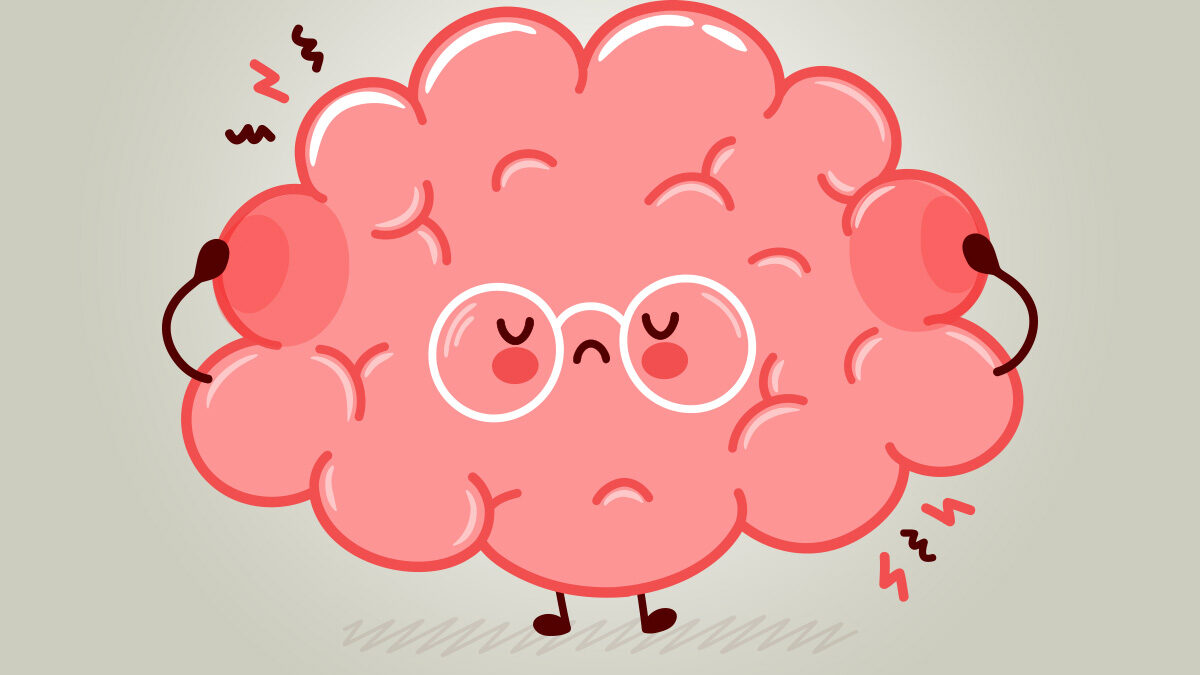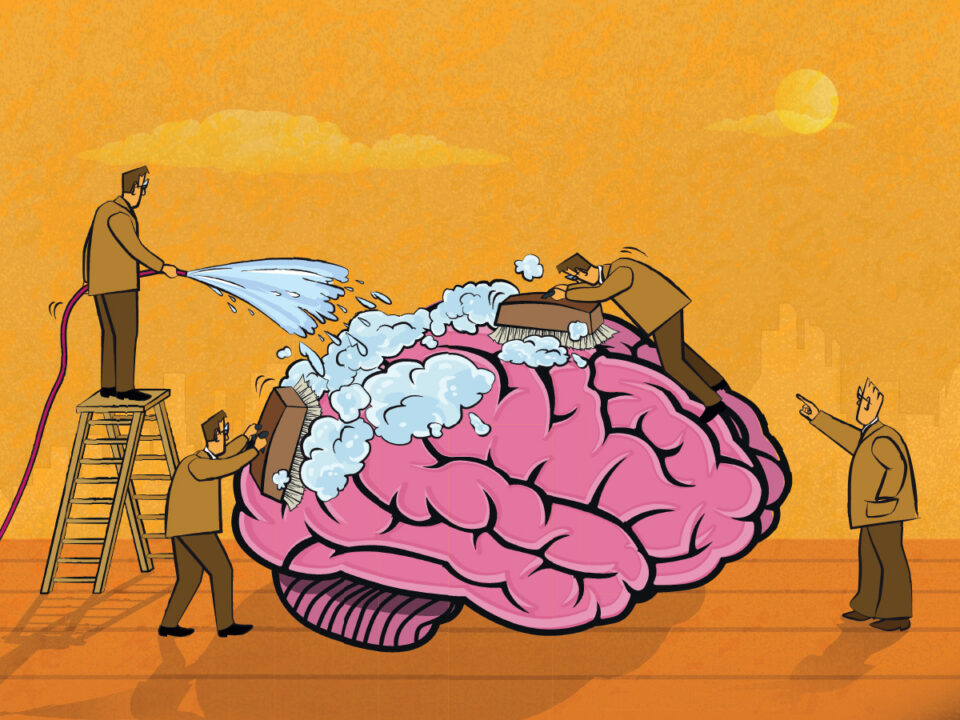
May Is Mental Health Awareness Month
May 1, 2024Life Coaching vs. Therapy
Life Coaching: Building the Future
Life coaching is forward-focused and goal-oriented. Life coaches are not licensed mental health professionals but should be trained and certified to guide individuals toward achieving specific personal or professional goals. Key aspects of life coaching include:
- Setting and Achieving Goals: Life coaches help clients clarify their vision and set actionable steps to achieve their desired outcomes.
- Identifying Strengths: Coaching emphasizes recognizing and leveraging one’s strengths to create a fulfilling life.
- Accountability and Motivation: A coach provides support and accountability, helping clients stay on track and motivated.
Life coaching is ideal for individuals who are not struggling with significant mental health issues but seek direction, clarity, or improvement in specific areas of their lives, such as career development, relationships, or personal growth.
When seeking help to navigate life’s challenges, many people wonder whether they need a life coach or a therapist. While both professionals aim to help individuals improve their lives, they differ significantly in their focus, methods, and goals. Understanding these distinctions can help you make an informed decision about which path to take.
Therapy: Healing the Past
Therapy, often referred to as counseling or psychotherapy, is a structured process led by licensed professionals such as psychologists, psychiatrists, or clinical social workers. Its primary focus is to address and heal issues rooted in the past. This could involve:
- Processing Trauma: Therapy helps individuals work through unresolved traumatic events that may be affecting their mental and emotional well-being.
- Mental Health Treatment: Therapists diagnose and treat mental health disorders like anxiety, depression, PTSD, or bipolar disorder.
- Understanding Patterns: By exploring past experiences and relationships, therapy can uncover patterns of behavior or thought that may be hindering current progress.
Therapists create a safe space for clients to explore their emotions, understand their past, and develop coping mechanisms. This backward-looking approach aims to alleviate emotional pain and equip individuals with the tools to manage future challenges effectively.
Complementary Roles
While therapy and life coaching have distinct purposes, they are not mutually exclusive. In fact, many people find value in pursuing both simultaneously or at different stages of their lives. Therapy can provide the emotional foundation and healing needed to move forward, while life coaching can offer a roadmap for future growth and success.
Choosing What’s Right for You
The choice between therapy and life coaching depends on your current needs:
- If you’re dealing with unresolved trauma, mental health concerns, or emotional pain, therapy is the appropriate choice.
- If you feel emotionally stable but need guidance, direction, or accountability to achieve your goals, life coaching may be the better fit.
Both therapy and life coaching are valuable tools for personal development. By understanding their unique focuses, you can make a choice that aligns with where you are in your journey and where you want to go.
Are you ready to unleash your radiance?
Schedule your free initial consultation now.
Be inspired by your inbox.
Signup for my eMail Newsletter. Every few weeks I’ll share inspiring and relatable topics, advice, conversations and tools to help you take control of your story and improve your personal and professional satisfaction.
I’ll never share your information and I won’t junk up your inbox with promotional content. Let’s stay connected.
Our profiles in social media:




